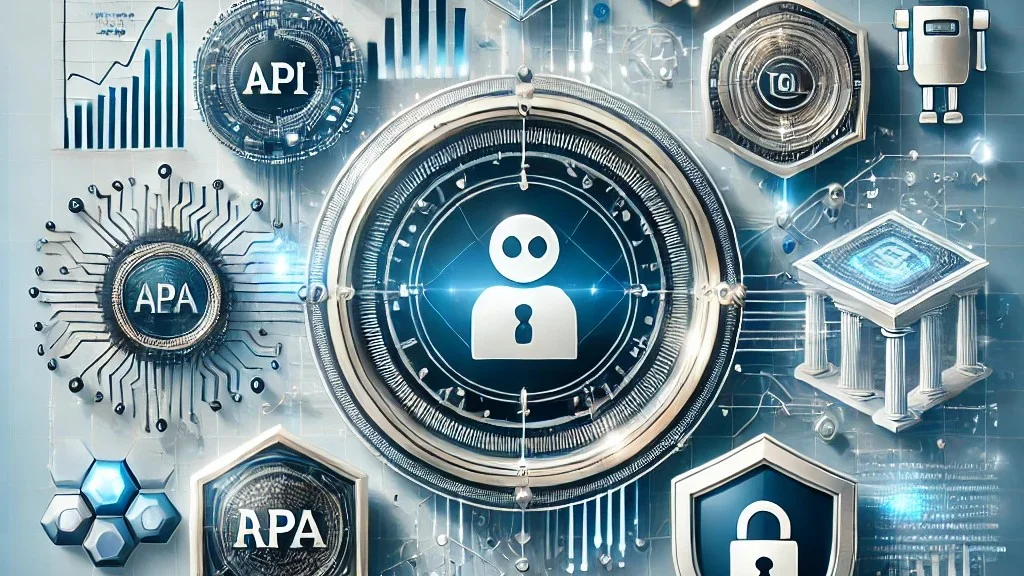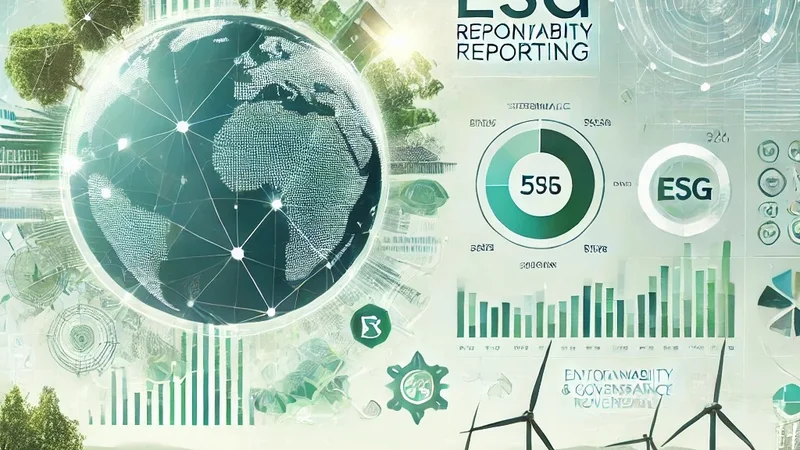Technology and Automation in Accounting and Auditing: Adapting to a Digital-First Future
The world of accounting and auditing is being reshaped by cutting-edge technologies, bringing opportunities and challenges for professionals and businesses alike. From blockchain to artificial intelligence (AI) and the ever-present need for cybersecurity,
•
Nov. 18, 2024

The world of accounting and auditing is being reshaped by cutting-edge technologies, bringing opportunities and challenges for professionals and businesses alike. From blockchain to artificial intelligence (AI) and the ever-present need for cybersecurity, technology is changing how we work, secure data, and make decisions. Here’s a closer look at the trends redefining the profession and what they mean for the future.
- Blockchain and Cryptocurrencies: Transforming Financial Transactions
Blockchain isn’t just about Bitcoin—it’s a technology that’s revolutionizing how we handle transactions, records, and audits. Here's what you need to know:
- A New Era of Transparency: Blockchain technology creates a digital ledger that records every transaction in a tamper-proof format. This level of transparency is changing how auditors verify financial records, eliminating the need for intermediaries and reducing fraud risks.
- Cryptocurrencies in Focus: With the growing acceptance of digital currencies like Bitcoin and Ethereum, accountants need to adapt to new tax implications, valuation methods, and reporting standards. This shift requires professionals to develop expertise in these emerging assets while navigating regulatory uncertainties.
- Smart Contracts: Blockchain also powers smart contracts—self-executing agreements where terms are directly written into code. For accounting, this means automating tasks like invoicing or compliance checks, saving time and reducing human error.
- AI and Automation: Changing How We Work
AI and robotic process automation (RPA) are no longer futuristic buzzwords—they’re here, and they’re transforming accounting and auditing.
- Streamlining Routine Tasks: RPA can handle repetitive tasks like data entry, bank reconciliations, and invoice processing, freeing up time for accountants to focus on strategic, higher-value work.
- Smarter Decision-Making: AI analyzes large datasets in seconds, providing insights that would take humans days to uncover. For auditors, this means identifying anomalies or risks in real-time, enhancing the efficiency and accuracy of audits.
- Beyond the Numbers: AI tools can now evaluate non-financial factors, like customer sentiment or operational risks, giving businesses a 360-degree view of their performance. This holistic approach supports more informed decision-making.
- Upskilling is Key: As automation takes over routine tasks, accountants and auditors must pivot to roles requiring critical thinking, problem-solving, and the ability to interpret AI-driven insights.
- Cybersecurity: Safeguarding Sensitive Data
In a digital-first world, protecting financial data is more critical than ever. Cybersecurity isn’t just an IT issue—it’s a financial one too.
- Rising Threats: Cyberattacks targeting financial data are on the rise, with hackers seeking to exploit vulnerabilities in systems and processes. For accounting and audit professionals, safeguarding sensitive information isn’t optional—it’s mandatory.
- Proactive Measures: Encryption, multi-factor authentication, and regular security audits are now basic requirements for securing financial systems. Staying ahead of threats means continuously updating protocols and adopting the latest security technologies.
- Cybersecurity Audits: Auditors are increasingly expected to assess not just financial controls but also a company’s cybersecurity measures. This dual focus ensures organizations are prepared to face digital threats head-on.
- Building Trust: Clients and stakeholders need assurance that their data is safe. A strong cybersecurity framework isn’t just about compliance—it’s about building trust and credibility in an interconnected business world.
Final Thoughts: Embrace the Change
The integration of blockchain, AI, and cybersecurity into accounting and auditing isn’t optional—it’s the future. By staying informed and adaptable, professionals can harness these tools to deliver greater value, enhance security, and lead in an evolving landscape.
Related

Ethics and Professional Standards: Navigating the Heart of the Accounting Profession
Ethical Dilemmas in Accounting: Walking the Tightrope Accountants often face situations where ethical and professional responsibilities can clash. These dilemmas test judgment, integrity, an...
Read more
Building a Sustainable Future: The Growing Role of ESG Reporting and Audits
Sustainability is no longer just a buzzword—it’s a business imperative. Companies are being held accountable not just for their financial performance but also for their impact on the planet, people...
Read more
Navigating Growth and Change: How Advisory Services Drive Business Success
In today’s fast-paced business environment, navigating complex decisions requires expertise, precision, and a clear understanding of financial strategy. Advisory services play a critical role in he...
Read more